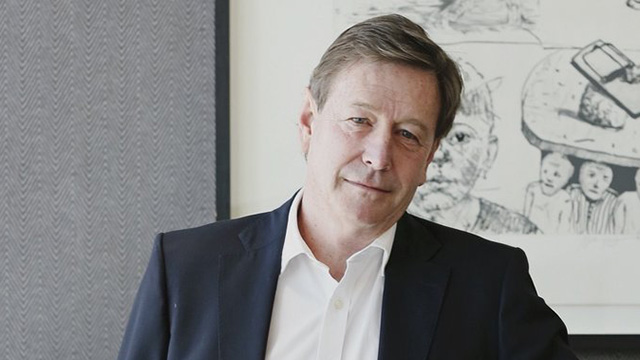By Amahle Cele
Rhodes University marked a historic occasion as it hosted the first-ever Beyers Naudé Memorial Lecture on its campus on Wednesday, coinciding with the university’s 120th anniversary.
The event, held at the Drama Department’s Main Theatre, was a significant moment for reflection and dialogue on South Africa’s democratic journey and ongoing efforts towards equality.
The lecture series, established to honor Dr. Beyers Naudé, a revered anti-apartheid activist and founding patron of Kagiso Trust, aims to foster critical conversations about racial equality and justice. This year’s theme, “Building a Nation Together: Reflections from the People,” explored South Africa’s progress post-apartheid, celebrating democratic achievements while addressing issues of racial reconciliation and social justice.
Peter Harris, a distinguished Rhodes alumnus, lawyer and mediator who played a pivotal role in overseeing South Africa’s first democratic elections in 1994, delivered the keynote address. Harris’ insights on democracy and justice provided valuable context for the discussion. Joining him was Mankodi Moitse, CEO of Kagiso Trust, who spoke about the enduring impact of Beyers Naudé’s legacy and the importance of civic activism.
Rhodes University vice-chancellor, Professor Sizwe Mabizela, discussed the broader context of nation-building, emphasizing the roles of educational excellence, ethical leadership and transformative social development in shaping a just society.
Moitse expressed enthusiasm about the timing of the event, noting, “We are delighted that the first of three annual lectures under our agreement with Rhodes coincides with the university’s 120th anniversary celebrations. This event strengthens our collaboration with the university and the Makhanda Circle of Unity, enhancing the collective voice of our community within the local governance framework.”
Professor Owen Skae, director of the Rhodes University Business School, echoed this sentiment, highlighting the importance of the lecture in reflecting on the progress and ongoing challenges of South African democracy. “As the country continues to navigate complex social issues, the university remains committed to fostering dialogue and driving positive change,” Skae said.
The evening had begun with a performance by the Rhodes University Chamber Choir, setting the tone for a night of meaningful conversation.
The lecture was followed by a panel discussion and an open conversation, allowing audience members to engage directly with the speakers.


